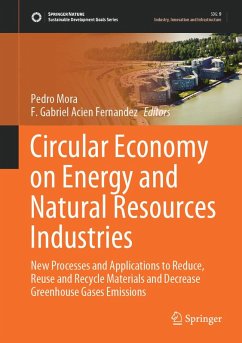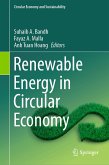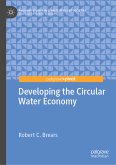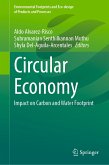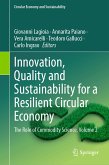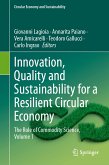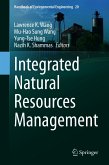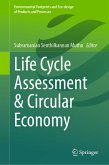This book masterfully bridges the gap between science and industry, offering readers invaluable insights into the technological advancements shaping our world. Amidst a profound industrial transformation aimed at minimizing environmental impact, this work highlights the pivotal role of reducing energy consumption and material waste. It aligns closely with the United Nations Sustainable Development Goals, encapsulating the global ambition for the coming years. The narrative delves into myriad examples of industrial evolution, showcasing how various sectors, especially energy (including electricity and oil & gas) and natural resource exploitation, are revolutionizing their processes to lessen their environmental footprint. Furthermore, each chapter of the book equips readers with the knowledge to spearhead innovative solutions tailored to these evolving processes, making it an essential resource for anyone committed to driving sustainable industrial advancements.
Dieser Download kann aus rechtlichen Gründen nur mit Rechnungsadresse in A, B, BG, CY, CZ, D, DK, EW, E, FIN, F, GR, HR, H, IRL, I, LT, L, LR, M, NL, PL, P, R, S, SLO, SK ausgeliefert werden.

